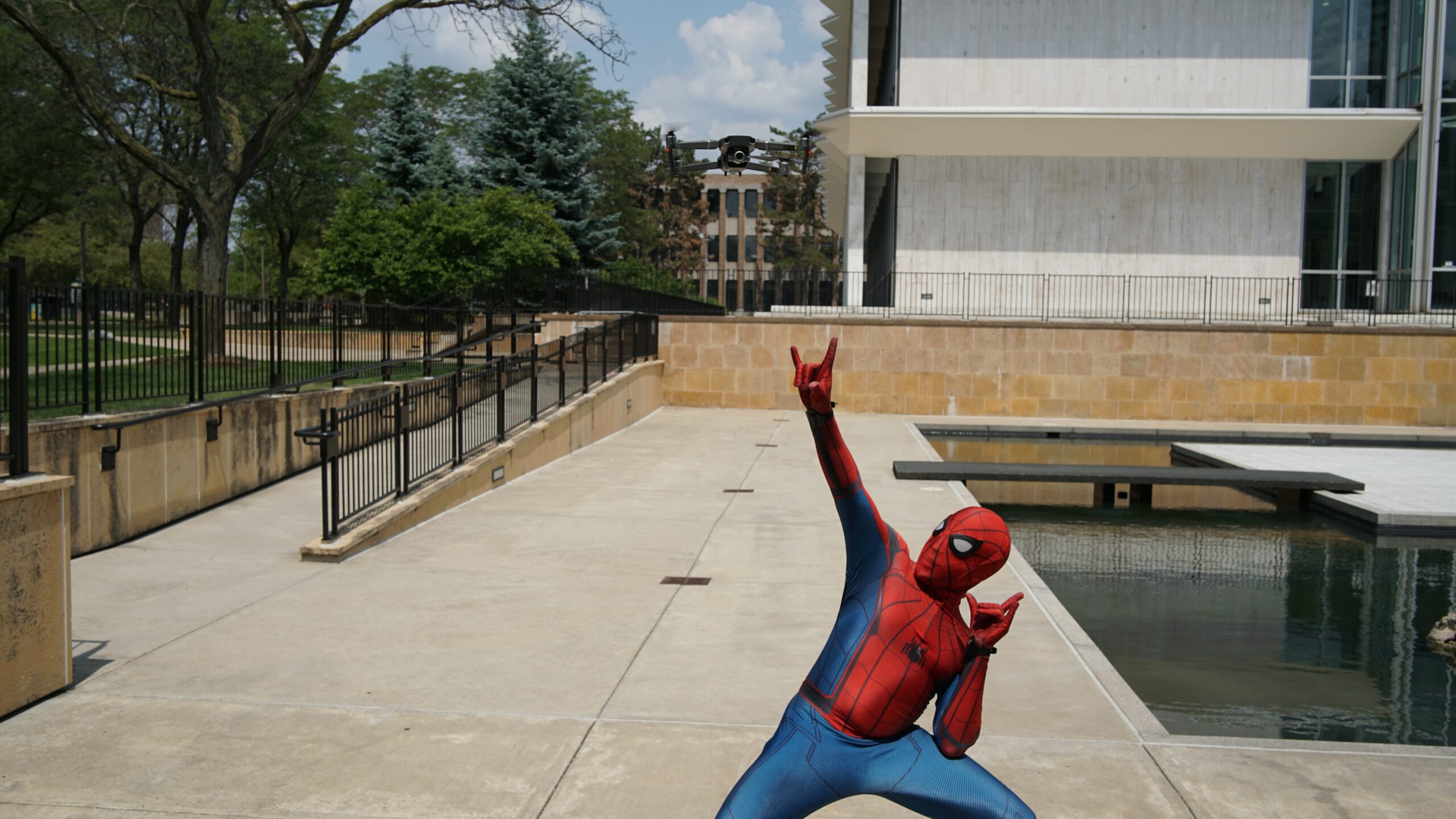Unmasking Halloween: Why are we so compelled by the supernatural?



We often rationally dismiss the basis of this fear – after all, spirits and ghosts don’t exist, right? – yet, paradoxically, we remain genuinely terrified at the mere prospect of encountering them. It’s a peculiar phenomenon that calls for a closer look.
The German philosopher Rudolph Otto referred to this unique feeling of fascination and dread towards the supernatural as the ‘numinous,’ a concept found at the core of all religions. This numinous defies rational explanation but taps into an experience that resides in a category of its own. To illustrate this, C.S. Lewis provided a thought experiment: imagine a tiger lurking next door and fear naturally follows. Now, replace the tiger with a ghost in the neighbouring room. The fear that emerges is of a different kind, not driven by potential harm but by the mere existence of a ghost. This, Lewis noted, is the ‘uncanny,‘ a sensation that is at the boundaries of the numinous. This yearning to experience numinous dread arguably underlies the allure of Gothic literature and the annual surge of supernatural entertainment that envelops Halloween.
The question that inevitably arises is whether this fear corresponds to something beyond our own minds. In modern Western society, belief in the supernatural is often regarded as pre-scientific, absurd, and incompatible with our enlightened understanding of the natural world. This scepticism, coupled with the fear of being labelled irrational, leads most people to reject any notion of the supernatural. However, our persistent fascination and fear of the supernatural suggests there’s more to this phenomenon than mere myth-busting.
In recent years, the immensely popular BBC podcast ‘Uncanny’ has made its mark and even transitioned into a TV series. The show, hosted by Danny Robins, delves into hauntings and unexplained phenomena with the objective scrutiny of a journalist. Witness accounts are examined, evidence is meticulously scrutinised, and commentary is provided by both professional sceptics and confident believers. The audience is invited to contribute theories and corroborating evidence, with each episode concluding with the question: “Are you on team sceptic or team believer?”
While the primary aim of the podcast is to entertain, its entertainment value derives from a sincere commitment to investigating the credibility of these claims. In a recurring set of questions posed at the start of each episode, witnesses are typically asked whether they believe in ghosts. Their response is often an unequivocal “no,” yet they follow up by revealing their personal encounters with the supernatural – otherwise, there would be no story to share.
The investigations frequently unearth elements that defy easy dismissal as mere deception, delusion, or the power of suggestion. Sceptical explanations sometimes sound like the age-old joke about a drunkard searching for lost keys beneath a streetlight. When asked if this is where he lost them, the drunkard replies, “No, I lost them in the park, but this is where the light is.” It appears to be a desperate attempt to confine the phenomenon within the boundaries of a strictly scientific worldview, an endeavour some hold steadfastly.
Philosopher Richard Swinburne suggests a different approach to evaluating supernatural claims. He proposes that if we entertain the theoretical possibility of the supernatural (with no compelling reason to deem it impossible), and if there is no evidence of mind-altering substances, tricks of the light, or deceit, we should trust that the reported event did occur. In cases like those dissected in ‘Uncanny,’ it often feels as if we have arrived at precisely this point.
Beneath the veneer of masks and ghoulish attire that roam the streets every October 31st, there is a genuine suspicion that scientific materialism doesn’t hold all the answers. Shakespeare’s words,
“There are more things in heaven and Earth, Horatio, than are dreamt of in your philosophy,”
resonate with the notion that our worldview should remain open to experiences that falsify and challenge its boundaries. Stubbornly adhering to a worldview that refuses to accommodate the unexplained is as dogmatic as any religious fundamentalism – perhaps there is a place for allowing experiences to shape our understanding of the world.
©2024 Thinking Faith. All rights reserved. Website by Groundcrew. Privacy Policy
©2024 Thinking Faith. All rights reserved. Website by Groundcrew. Privacy Policy